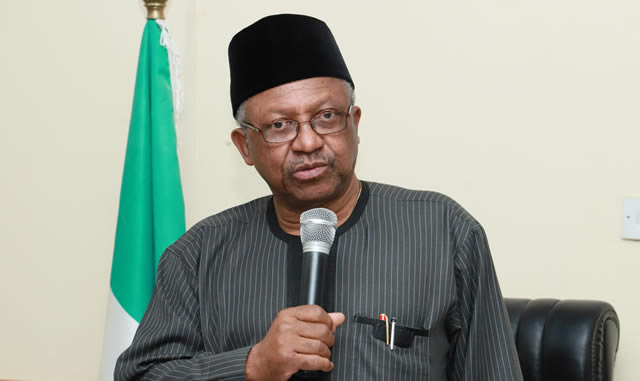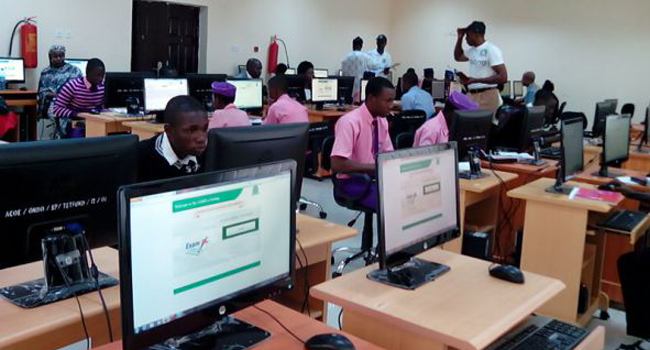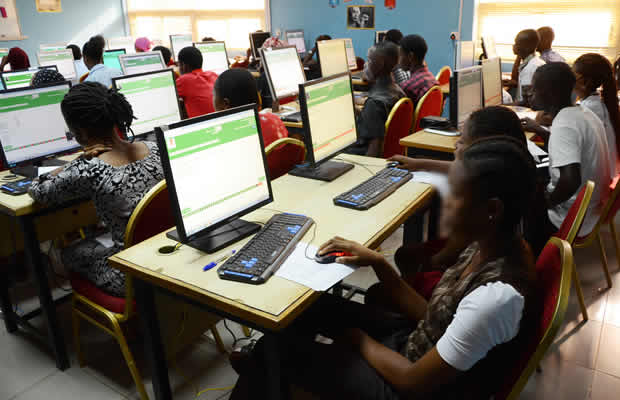The Federal Government would spend N1.89 trillion to wipe out malaria in Nigeria, the Minister of Health, Dr. Osagie Ehanire, has said.
According to him, about N352 billion was needed for the year 2021 programme implementation on malaria.
Ehanire said this in a text he presented to mark the 2021 World Malaria Day, obtained by newsmen on Sunday evening in Abuja.
He appealed to corporate organisations, private sector, and patriotic Nigerians to offer the country a bailout with a view to achieving its target of wiping out malaria.
Ehanire said the N1.89 trillion was specifically needed for the implementation of the New Strategic Plan on malaria.
“As stated earlier, the goal of this plan is to achieve a parasite prevalence of less than 10 per cent and reduce mortality attributable to malaria to less than 50 deaths per 1,000 live births by 2025. The implementation of the New Strategic Plan will cost N1.89 trillion”, the Minister emphasised.
He said 63.1 per cent of the total amount would be used to support Chemoprevention, diagnosis, and treatment, while 35.9 per cent will be used for vector control.
The minister, who said the use of insecticide-treated nets among under-five children increased from 43.4 per cent in 2015 to 52 per cent in 2018, also said pregnant women increased its use from 49 per cent in 2015 to 58 per cent in 2018.
He said, “Fever testing of under-five children increased from 5 per cent in 2010 to 11 per cebt in 2013, 13 per cent in 2015 and 14 pee cent in 2018; but is still too low.
“These measures resulted in a reduction of malaria prevalence from 42 per cent in 2010 to 27 per cent in 2015 and 23 per cent in 2018.
“We expect that when results of the 2021 Malaria Indicator Survey to be conducted later this year are out, a further downward trend will be seen.”
According to him, under the Severe Malaria Retrospective Study, 3,503 cases of severe malaria were treated in 18 secondary health facilities.
Ehanire said, “A follow up to the Severe Malaria Clinical Audit done in 2019 revealed an improvement in most of the systems and case-management indicators.”
The minister said quality of care and standards in malaria case management were rolled out in some states, providing the platform for states’ teams to carry out assessments at health facilities, based on three pillars of quality of care including structure, process and outcome.
He said, “As part of efforts to achieve Universal Health Coverage and household ownership of insecticide Treated Nets in Nigeria, 17,267,410 ITNs were distributed in six states, using single-phase door-to-door and double phase door-to-door strategies, due to the COVID-19 pandemic.
“The New Net Project study commenced in four Local Government Areas in two states, to help accelerate the scale-up of the next generation ITNs, thereby mitigating the increasing resistance to pyrethroid-only nets.
“The programme has developed a five-year new generation malaria strategic plan (NMSP 2021-2025) to sustain gains achieved in the national malaria control effort and chart a pathway towards achieving a malaria-free Nigeria.”
The Federal Government would spend N1.89 trillion to wipe out malaria in Nigeria, the Minister of Health, Dr. Osagie Ehanire, has said.
According to him, about N352 billion was needed for the year 2021 programme implementation on malaria.
Ehanire said this in a text he presented to mark the 2021 World Malaria Day, obtained by newsmen on Sunday evening in Abuja.
He appealed to corporate organisations, private sector, and patriotic Nigerians to offer the country a bailout with a view to achieving its target of wiping out malaria.
Ehanire said the N1.89 trillion was specifically needed for the implementation of the New Strategic Plan on malaria.
“As stated earlier, the goal of this plan is to achieve a parasite prevalence of less than 10 per cent and reduce mortality attributable to malaria to less than 50 deaths per 1,000 live births by 2025. The implementation of the New Strategic Plan will cost N1.89 trillion”, the Minister emphasised.
He said 63.1 per cent of the total amount would be used to support Chemoprevention, diagnosis, and treatment, while 35.9 per cent will be used for vector control.
The minister, who said the use of insecticide-treated nets among under-five children increased from 43.4 per cent in 2015 to 52 per cent in 2018, also said pregnant women increased its use from 49 per cent in 2015 to 58 per cent in 2018.
He said, “Fever testing of under-five children increased from 5 per cent in 2010 to 11 per cebt in 2013, 13 per cent in 2015 and 14 pee cent in 2018; but is still too low.
“These measures resulted in a reduction of malaria prevalence from 42 per cent in 2010 to 27 per cent in 2015 and 23 per cent in 2018.
“We expect that when results of the 2021 Malaria Indicator Survey to be conducted later this year are out, a further downward trend will be seen.”
According to him, under the Severe Malaria Retrospective Study, 3,503 cases of severe malaria were treated in 18 secondary health facilities.
Ehanire said, “A follow up to the Severe Malaria Clinical Audit done in 2019 revealed an improvement in most of the systems and case-management indicators.”
The minister said quality of care and standards in malaria case management were rolled out in some states, providing the platform for states’ teams to carry out assessments at health facilities, based on three pillars of quality of care including structure, process and outcome.
He said, “As part of efforts to achieve Universal Health Coverage and household ownership of insecticide Treated Nets in Nigeria, 17,267,410 ITNs were distributed in six states, using single-phase door-to-door and double phase door-to-door strategies, due to the COVID-19 pandemic.
“The New Net Project study commenced in four Local Government Areas in two states, to help accelerate the scale-up of the next generation ITNs, thereby mitigating the increasing resistance to pyrethroid-only nets.
“The programme has developed a five-year new generation malaria strategic plan (NMSP 2021-2025) to sustain gains achieved in the national malaria control effort and chart a pathway towards achieving a malaria-free Nigeria.”

 News3 years ago
News3 years ago
 Entertainment2 years ago
Entertainment2 years ago
 News3 years ago
News3 years ago
 Privacy3 years ago
Privacy3 years ago
 Sports2 years ago
Sports2 years ago
 Entertainment2 years ago
Entertainment2 years ago
 News3 years ago
News3 years ago
 Opinion3 years ago
Opinion3 years ago









